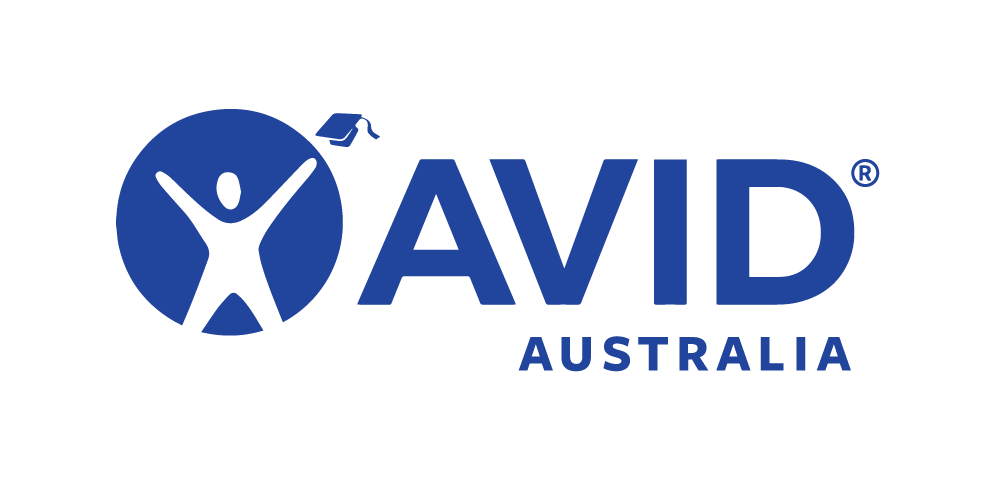Through interaction with the natural world, Outdoor Education aims to develop an understanding of our relationships with the environment, others and ourselves. The Outdoor Education General course focuses on outdoor activities in a range of environments, including bushwalking, sailing, climbing and orienteering. It provides students with an opportunity to develop essential life skills and physical activity skills, and an opportunity to develop a comprehensive understanding of the environment and develop a positive relationship with nature. The course also provides students with opportunities to develop skills that will enable them to pursue personal interests and careers in outdoor pursuits, environmental management, or eco-tourism
.
Prerequisites:
- Minimum C+ Grade in Year 11 Physical Education or Outdoor Education
- Minimum C Grade in Year 11 English
- Sound Interpersonal Skills
- Participation, PE Uniform and Attendance endorsement from the HPE department
- Sound level of physical fitness
Syllabus:
The Year 12 syllabus is divided into two units, each of one semester duration, which are typically delivered as a pair. The notional time for each unit is 55 class contact hours.
Unit 3
Students understand planning and organisational requirements necessary for them to participate in safe, short-duration excursions/expeditions. Students participate in outdoor adventure activities where they develop and improve their technical skills, apply appropriate practices to ensure safe participation, and begin to develop survival skills. Students develop personal skills related to flexibility in coping and adapting to change and in monitoring such things as the elements in an environment, or the participation of individuals in activities and expeditions. Features and relationships in natural environments are examined. Weather components, patterns and forecasting are introduced. Students develop a greater understanding of human interactions with nature, past and present. Sustainability is introduced and local issues are examined.
Unit 4
Students consider planning and organisational requirements necessary for them to participate in positive and safe, short-duration excursions/expeditions in selected outdoor activities. Students engage in outdoor activities where they develop and improve their technical skills, and apply appropriate practices to ensure safe participation. They continue to develop navigational skills and respond to an emergency in the outdoors. Students focus on developing commitment, tolerance, resilience, and conflict resolution skills. Students lead briefing and debriefing sessions and appraise their own and others’ leadership skills. Students continue to forecast weather and apply strategies to minimise human impact on natural environments. They explore sustainability projects and understand human responsibility for the environment.
Assessments:
Investigation: 15%
Performance 1: activity skills and strategies: 30%
Performance 2: specific to expedition: 20%
Response: 20%
Externally Set Task: 15%
Important Note:
Please understand that to effectively fulfill practical course requirements the Outdoor Education course will utilise a ‘FLEXI’ (flexible timetable) arrangement. More information will be provided at the beginning of each Semester.
Parents/Caregivers and students need to understand that as part of the course curriculum and assessment requirements we will be participating in two expeditions (camps) per year, each lasting for four days duration. This cost is not included in the course cost you will be provided with. There will also be costs associated with personal comfort needs/items that will need to purchased for your child to effectively participate in General Outdoor Education.
More Information:
For further information regarding this course click here.












